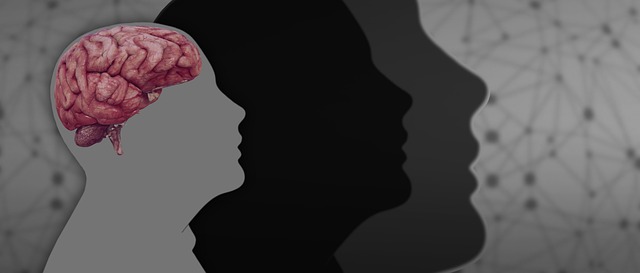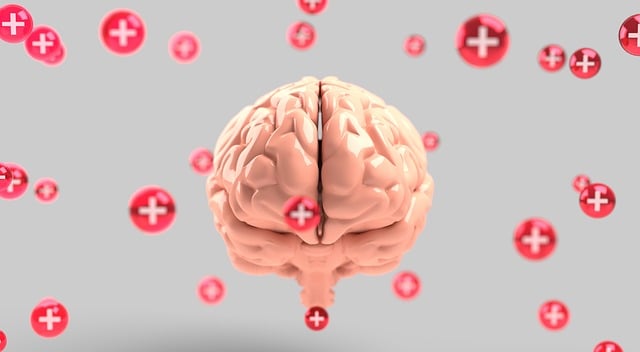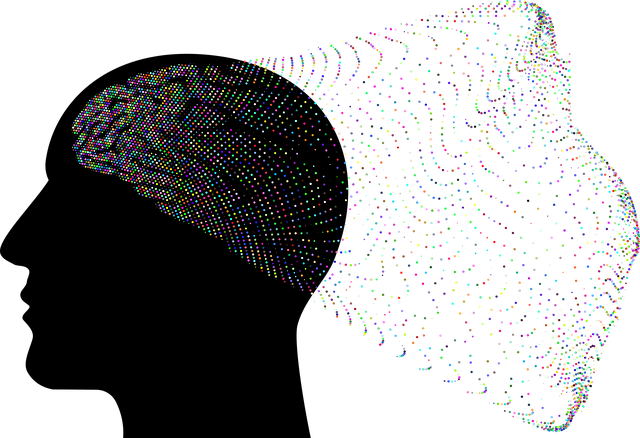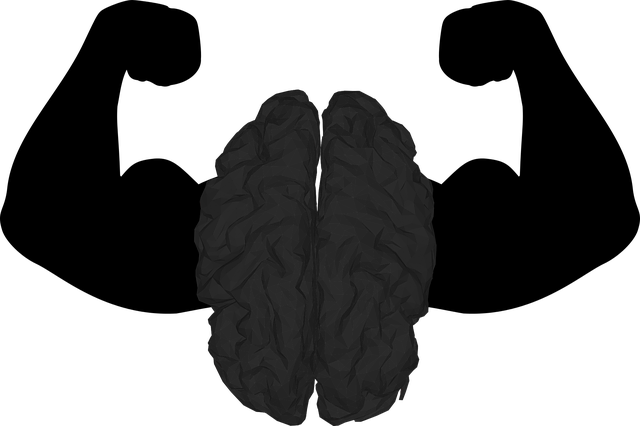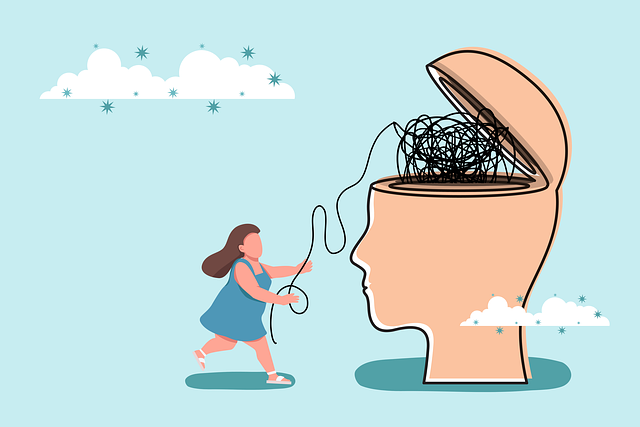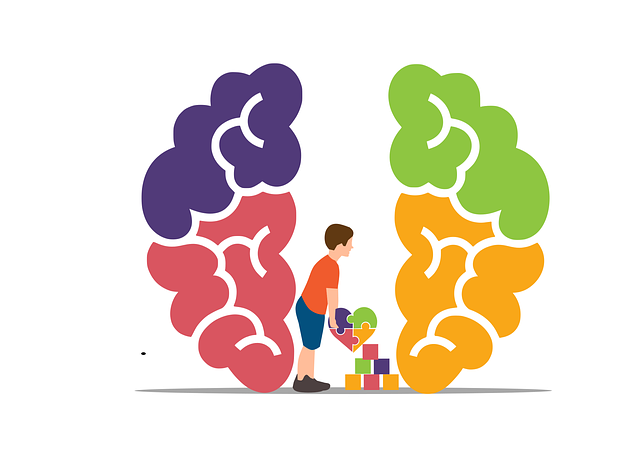Early identification of depression or functional neurological disorder (FND) in young adults is crucial due to non-traditional symptoms. CBT and mindfulness-based therapies are effective treatments, with policy advocates emphasizing early detection and accessible care. Prevention strategies focus on lifestyle changes, stress management, and tailored therapy like CBT for emotional regulation. Various therapy options, including Interpersonal Psychotherapy (IPT) and Mindfulness-Based Cognitive Therapy (MBCT), help young adults struggling with depression and FND, empowering them with resilience and effective coping mechanisms.
Depression is a prevalent and serious mental health concern among young adults, often masked by the busyness of daily life. This article explores effective prevention strategies to combat the growing issue of depressive symptoms in this demographic. We delve into recognizing subtle signs of depression and its co-occurrence with functional neurological disorders. Additionally, it highlights lifestyle changes, coping mechanisms, and therapeutic interventions, focusing on Cognitive Behavioral Therapy (CBT) as a powerful tool for young adults seeking mental health support.
- Recognizing the Signs of Depression and Functional Neurological Disorder in Young Adults
- Lifestyle Changes and Coping Mechanisms for Preventing Depression
- Exploring Therapy Options: Cognitive Behavioral Therapy (CBT) and Beyond for Young Adult Mental Health Support
Recognizing the Signs of Depression and Functional Neurological Disorder in Young Adults

Recognizing the subtle signs of depression or functional neurological disorder (FND) in young adults is a critical step in early intervention. Many young people may present with non-typical symptoms, such as physical complaints (e.g., chronic pain, fatigue), cognitive difficulties, or unusual behaviors, rather than the classic emotional indicators like sadness and hopelessness. These conditions often go undiagnosed due to their nuanced nature, but timely recognition can be life-altering.
Therapy for young adults, particularly cognitive behavioral therapy (CBT) and mindfulness-based approaches, has proven effective in treating both depression and FND. By focusing on coping skills development and integrating mind over matter principles, mental health policy analysis and advocacy have highlighted the importance of early detection and access to quality care. Encouraging open conversations about mental health and providing resources for young adults to understand their experiences can facilitate a healthier trajectory.
Lifestyle Changes and Coping Mechanisms for Preventing Depression

Depression prevention strategies often involve significant lifestyle changes and the development of effective coping mechanisms. For young adults dealing with issues like functional neurological disorders (FND), these approaches can be transformative. Therapy, tailored to individual needs, plays a pivotal role in teaching emotional regulation skills that are crucial for managing symptoms. This may include cognitive-behavioral therapy (CBT) or other evidence-based practices designed to challenge negative thought patterns and promote healthier perspectives.
Additionally, incorporating stress management techniques into daily routines is vital. Participation in Stress Management Workshops Organization programs can equip individuals with tools to navigate life’s challenges more resiliently. Engaging in regular physical activity, maintaining a balanced diet, and prioritizing adequate sleep are lifestyle adjustments that support mental wellness. These changes not only mitigate risk factors for depression but also enhance overall well-being, fostering resilience and a sense of empowerment.
Exploring Therapy Options: Cognitive Behavioral Therapy (CBT) and Beyond for Young Adult Mental Health Support

For young adults grappling with depression, exploring various therapy options is a pivotal step towards recovery. Cognitive Behavioral Therapy (CBT) has emerged as a widely recognized and effective approach, focusing on identifying and changing negative thought patterns and behaviors. This form of therapy equips individuals with valuable coping mechanisms, helping them manage symptoms and improve overall well-being. Beyond CBT, other evidence-based therapies like Interpersonal Psychotherapy (IPT) and Mindfulness-Based Cognitive Therapy (MBCT) offer unique advantages.
Addressing specific mental health concerns, such as Functional Neurological Disorders, requires tailored therapy approaches. Mental health professionals conduct thorough risk assessments to gauge severity and identify co-occurring conditions, ensuring personalized treatment plans. By integrating evidence-based techniques, therapists support young adults in developing resilience, enhancing self-confidence, and finding effective strategies for anxiety relief. This comprehensive approach not only treats depression but also fosters a sense of empowerment, enabling individuals to navigate life’s challenges with greater ease.
Depression prevention is a multifaceted approach, especially for young adults navigating the complexities of functional neurological disorders. By recognizing early signs and implementing lifestyle changes, individuals can significantly reduce their risk. Cognitive Behavioral Therapy (CBT) has proven effective in addressing underlying thoughts and behaviors associated with depression. Additionally, exploring alternative therapies and fostering supportive networks can enhance overall mental health. Encouraging young adults to seek professional help when needed is paramount, ensuring they have access to the best therapy for their specific challenges, thus fostering a brighter and healthier future.

